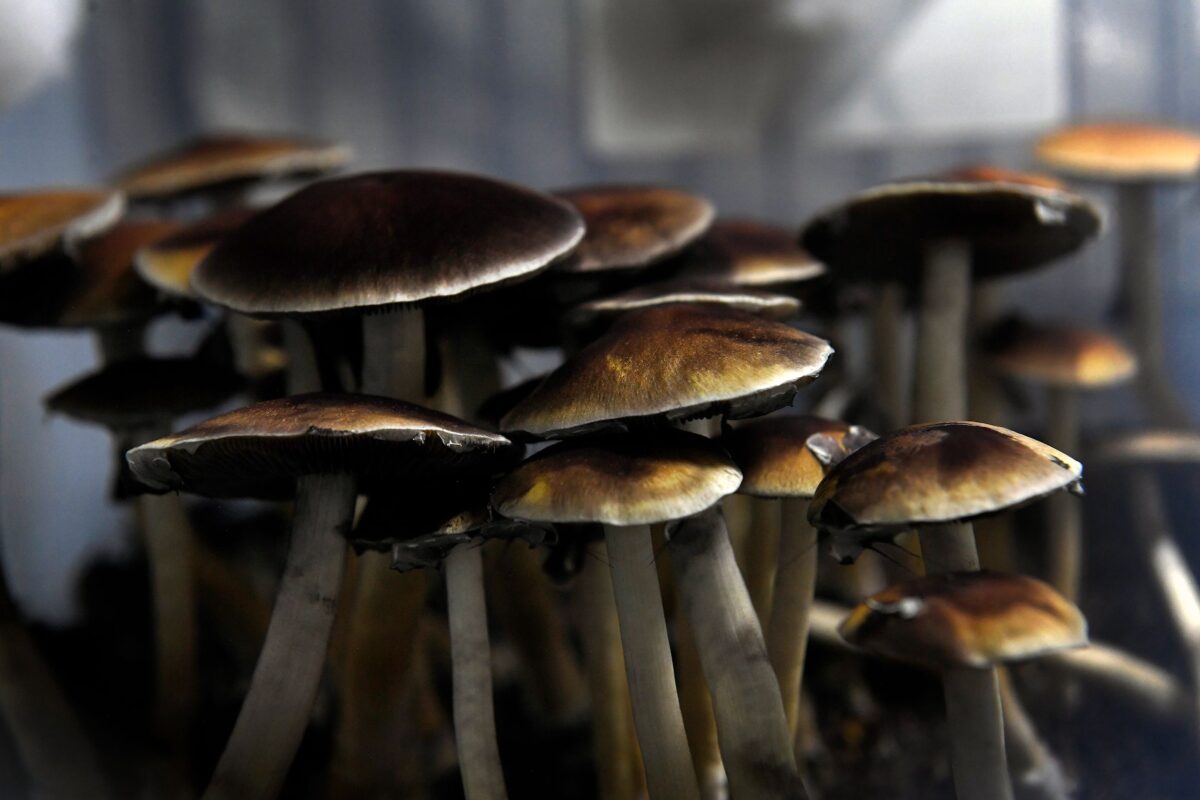Blog
Unlocking Relief from Chronic Pain: The Potential of Psilocybin
### Unlocking Relief from Chronic Pain: The Potential of Psilocybin
Psilocybin is gaining attention for its potential in treating ADHD, depression, anxiety, and post-traumatic stress disorder. But did you know it might also be the key to relieving chronic pain? Affecting over 1.5 billion people globally, chronic pain is a complex condition that remains poorly understood by doctors.
Traditional treatments, such as opioids, offer temporary relief and often come with significant risks. Researchers are searching for more effective solutions, and psilocybin is emerging as a promising candidate.
Psilocybin’s potential lies in its ability to address the root causes of chronic pain rather than merely alleviating symptoms. From anecdotal success stories to emerging research, the evidence supporting psilocybin’s effectiveness is growing. Here’s an in-depth look at psilocybin for chronic pain, including:
– What is chronic pain?
– How psilocybin works to treat chronic pain
– Research on psilocybin for chronic pain
– Microdosing vs. macrodosing for chronic pain
– Psilocybin for chronic pain at MushMates.com
#### What is Chronic Pain?
Chronic pain is defined as pain that lasts longer than three months, persisting beyond the usual course of an illness or injury. It can be intermittent or continuous, significantly impacting daily life.
**Factors Influencing Chronic Pain:**
– **Biological:** Illness, injury, genetics, and pain tolerance.
– **Psychological:** Anxiety, fear, guilt, anger, depression, and catastrophizing.
– **Social:** Responses from others and effects on work and social dynamics.
– **Spiritual:** Concepts like meaning, purpose, hope, and personal growth.
Chronic pain encompasses various types, including back pain, knee pain, cancer pain, fibromyalgia, headaches, neuropathic pain, and more.
#### How Psilocybin Works to Treat Chronic Pain
**Brain Connectivity & Neuroplasticity**
Many forms of chronic pain are believed to originate in the brain, where pain signals continue despite the original injury or illness healing. Psilocybin can reshape brain pathways, potentially treating the cause of chronic pain. According to neuroanesthesiologist and neuroscientist Joseph Cichon, psychedelics can act as a “sledgehammer,” resetting the brain to a normal state.
**The Science Behind Psilocybin**
Psilocybin affects the Default Mode Network (DMN) in the brain, which is overactive in chronic pain and mental health disorders. By activating the 5-HT2A receptor, psilocybin changes signal transmission, disrupting problematic connections in the DMN and fostering healthier ones. These changes, driven by increased neuroplasticity, can persist long after the psilocybin experience.
**Rewiring the Brain Through Thought**
Beyond psilocybin, patients can rewire their brains through treatments like “pain reprocessing therapy,” which teaches them to view pain as a neutral sensation. Combining this approach with psilocybin can enhance and sustain these changes.
**Emotional and Psychological Factors**
Chronic pain often moves to brain regions involved in memory, learning, and emotion control. Psilocybin can inhibit these areas, reducing pain. Rewiring thoughts and emotions about pain is crucial, as negative patterns like catastrophizing can exacerbate pain. Psilocybin’s neuroplasticity boost makes altering these thought processes easier.
**Serotonergic Processes**
Psilocybin’s action on 5-HT2A serotonin receptors is linked to pain relief. These receptors help carry pain information from the brain to the spinal cord. Psilocybin’s mood-lifting effects also address the anxiety and depression associated with chronic pain, making it a multifaceted treatment.
**Anti-inflammatory Effects**
Psilocybin activates 5-HT2A receptors, inhibiting tumor necrosis factor (TNF), a key inflammation regulator. Reducing TNF can alleviate chronic pain, highlighting psilocybin’s anti-inflammatory properties.
**Dopamine-Related Processes**
Psilocybin may also influence dopamine-related processes, which are involved in pain perception. This could further explain its effectiveness in treating pain.
**The Psychedelic Experience**
Beyond science, the psychedelic experience itself can be therapeutic. It can bring profound insights, a sense of connectedness, and lasting positive changes in perception. This altered state can shift how patients view their pain, reducing its impact.
#### Research on Psilocybin for Chronic Pain
Studies have shown that even a single low dose of psilocybin can significantly reduce the frequency and intensity of migraines and cluster headaches, often outperforming standard treatments. Other studies on depression and cancer-related pain have also reported significant improvements in chronic pain symptoms.
#### Chronic Pain Conditions Treated by Psilocybin
Psilocybin has been used to treat various chronic pain conditions, including migraines, cluster headaches, cancer-related pain, palliative-related pain, phantom limb pain, and neuropathic pain.
#### Microdosing vs. Macrodosing for Chronic Pain
Researchers are exploring whether microdosing can be as effective as a full psychedelic experience in treating chronic pain. Microdosing might help reduce inflammation-induced pain, while a full psychedelic journey could provide deeper therapeutic benefits. The best approach may depend on the type of chronic pain and the individual’s mental and emotional state.
**Need Help?**
Reach out to the MushMates.com team to chat with an experienced psychonaut or trained psychedelic therapist. We are here to help you explore the potential of psilocybin for chronic pain relief.

